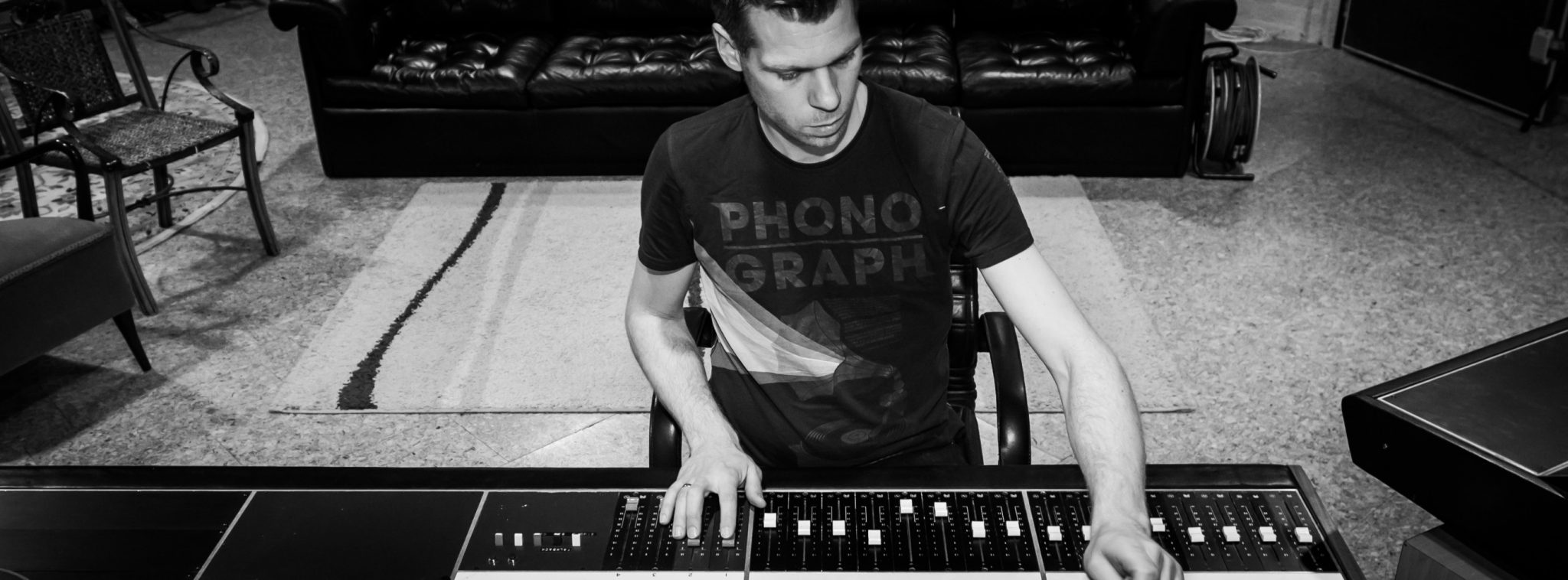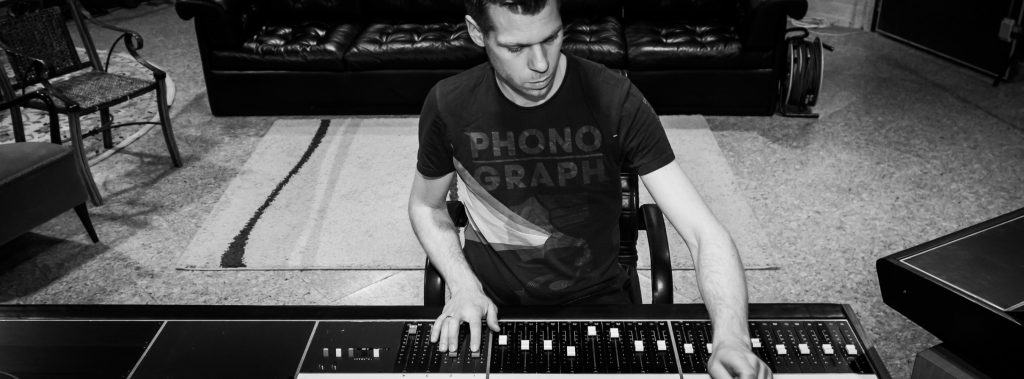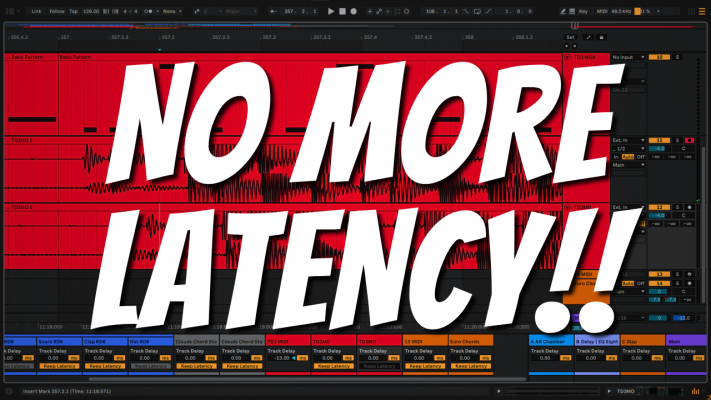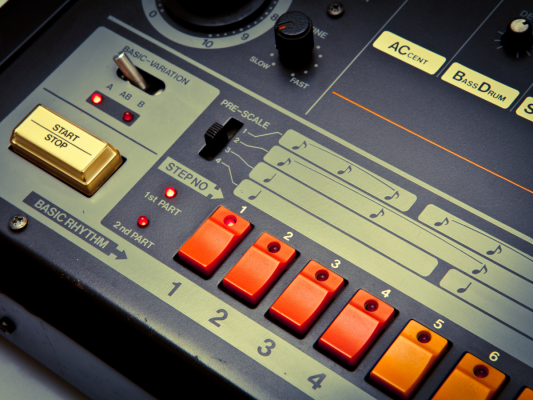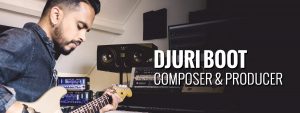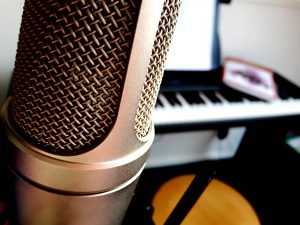An interview with audio engineer Erik van der Horst
Recently music producer Erik van der Horst gave us a speech about his musical journey. His story indicates that you can end up in a very different place than you initially deemed possible.
Erik started following music composition lesson at the Utrecht school of arts. At the time, he had little experience with the composition process. Although he played bass guitar, his theoretical knowledge wasn’t the greatest either. For Erik, having a chance to learn more about music composition was what motivated him to choose this line of work. He bought books and tried to absorb as much information as he could. He also asked friends for their help as often as possible.
Switching to something else
When Erik eventually reached his fourth year, he realized that composition was not really something for him. In the last year of his bachelor program, Erik focused more on recording and producing bands.
After achieving his bachelor’s degree, he took a gap year. Erik eventually continued with his master’s degree in music production. During his master study, he decided to record and produce 3 EP’s.
At the end of his career at the HKU, Erik decided to phone some recording studio’s and ask if they were looking for extra hands. If you’re looking for a job, why not just call Ronald Prent form the famous Wisseloord studio’s?
Dare to ask
When Erik got in touch with Ronald, he told him that Wisseloord was currently being renovated and that Erik had to call back in a month. One month later Erik called again and heard that the renovating process was delayed and was noticed to call back in 2 months. This situation went on for a while until Erik finally received a call from Ronald, 8 months later, that they needed a helping hand. The basement of the studio complex was completely flooded with water and had to be pumped dry. Erik took this chance and immediately agreed on the job. Erik, casually had experience working under a contractor and knew how to make his hands dirty.
When the renovation was finally finished, Erik started working as an assistant engineer. He had to deal with various tasks including microphone positioning, patching, hardware maintenance and fixing technical issues. The most important benefit of his job as an assistant engineer was looking over the shoulder of the world’s famous audio engineers. This eventually led to him becoming a junior audio engineer, making records and mixing music on his own.
Nowadays, he is more commonly found mixing in his home studio, where he is accompanied by his wife and two children.

